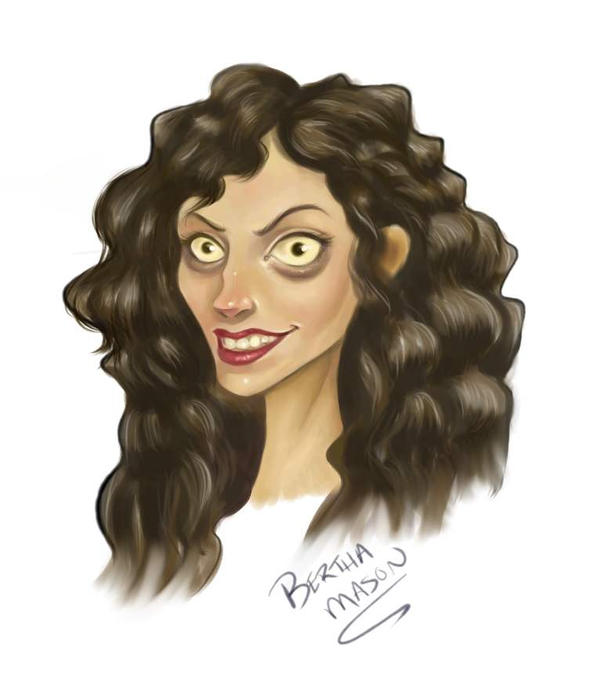Spivak’s primary argument is for an imperialist reading of feminism with the ultimate goal of “incit[ing] a degree of rage against the imperialist narrativization of history, precisely because it produces so abject a script for a female we would rather celebrate” (658). The “female we would rather celebrate” refers to Jane Eyre. The way Spivak constructs her argument is though the dichotomy of sexual reproduction versus soul making. She suggests that imperial constructions of “native” females (females from the impossible country) are more likely to engage in sexual reproduction, while “othered” females (females from the colonized country) must engage in soul making. She gives the example of Bertha Mason. Bertha is seen as being between an animal and a human because she Jamaican Creole. Therefore, Bertha is an imperially other (or lesser being) seen only as having a half formed (human) self. She needs to “make/ develop a soul” in order to be seen as an (equal?) individual to someone like Jane who already enjoys the imperial luxury of being recognized as someone with a soul.
The way I eventually came to understand this article (summarized in the first paragraph of this post) made me think about one of our in-class discussions: How do we/ can we analyze Berta Mason as a human being, rather than a psychological inverse of Jane? I remembered how much I struggled. I remembered thinking, “of course we should be able to view her as an individual,” yet I felt like I never had a full picture of her as a human. I kept getting sidetracked by the animalistic wat she was described. Spivak’s article helped me understand why I might have struggled so much: I couldn’t see past the imperial viewpoint held by the majority of the characters. I let their descriptions cloud my judgement. To the imperial characters, Bertha is an othered figure, someone/something not like them. They do not acknowledge Bertha’s humanity because she, as a lesser imperial figure, is a lesser human (if human at all).


First of all, I love the images you use here! There is such a contrast between the two characters in these – the first seems to be so much more struck with grief and exhaustion, while the other sort of seems like a cartoon version of a witch/monster-like creature.
Anyways, I think Spivak’s discussion about soul-making and child-making is important. Reproduction is the crux of the human race, so for a certain character to be infertile (and also lacking any presentation of communication abilities) seems like a complete disaster to the character’s societal importance. Even Rochester sort of suffers from this, since he doesn’t have any legitimate children, but he has a string of lovers. He is tainted. On the other hand, we have Jane! Although she makes herself seem to be very blunt with children and not very motherly, all the children she works with seem to really enjoy her and benefit from her tutelage. Thus, we have a really strong contrast with that. Very interesting to think about how that plays with our ideas of which characters seem “human” and which seem “crazed” or “savage.”